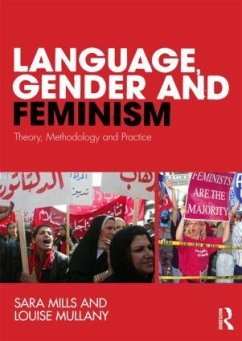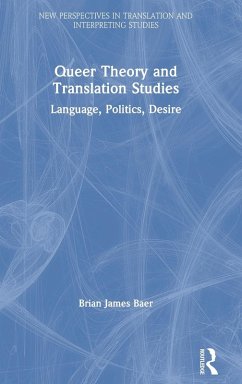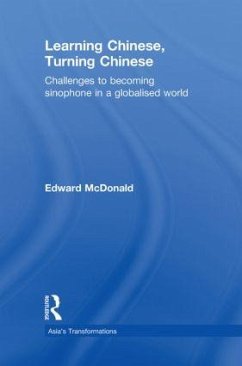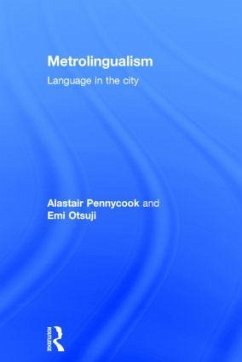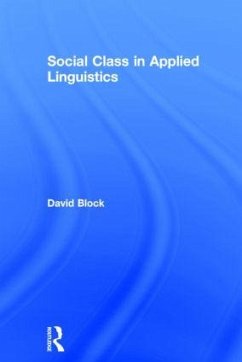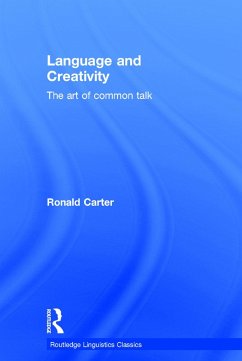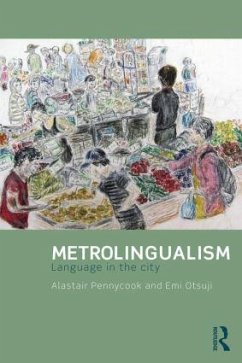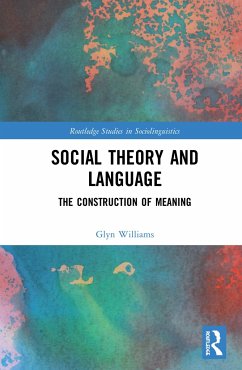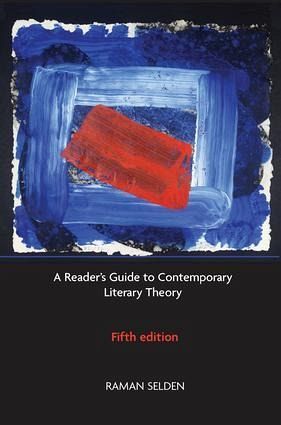
A Reader's Guide to Contemporary Literary Theory
Versandkostenfrei!
Versandfertig in 1-2 Wochen
205,99 €
inkl. MwSt.
Weitere Ausgaben:

PAYBACK Punkte
103 °P sammeln!
The best of the many guides to literary theory that are currently available. Widdowson and Brooker chart a clear and comprehensively documented path through the full range of what is best in contemporary literary theoryindispensable for all students of literatureAn impressive achievement! John Drakakis, Stirling University This Guide is as stimulating and instructive an introduction to [literary theory] as any reader might wish for. John Kenny, Centre for the Study of Human Settlement and Historical Change, National University of Ireland, Galway Reflecting the continuing change and development...
The best of the many guides to literary theory that are currently available. Widdowson and Brooker chart a clear and comprehensively documented path through the full range of what is best in contemporary literary theoryindispensable for all students of literatureAn impressive achievement! John Drakakis, Stirling University This Guide is as stimulating and instructive an introduction to [literary theory] as any reader might wish for. John Kenny, Centre for the Study of Human Settlement and Historical Change, National University of Ireland, Galway Reflecting the continuing change and development in modern literacy theory, the key features of this book includes its clarity, brevity, equal coverage of the main literary theories and useful bibliographies of further reading. Literature students will find its clearly defined sections esay to navigate; and whilst avoiding over-simplification, it makes a complex subject accessible.





